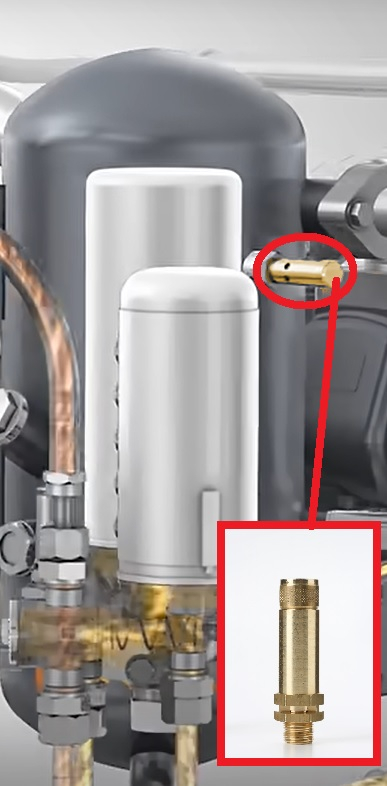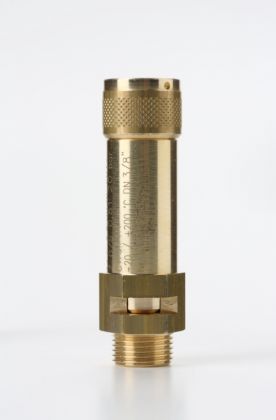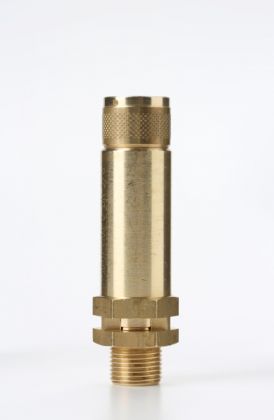Challenges and Critical Issues in the Industry
Wear and Reliability of Safety Valves Over Time
The frequent opening and closing of the safety valve, even for short intervals or during inspections, accelerates the wear of seals and contact surfaces, reducing their durability and reliability over time. This can compromise the valve’s seal, increasing the need for maintenance and the risk of failures. If the PSV does not activate correctly in case of overpressure, actuator damage may occur, and in extreme situations, the risk of explosions may increase.
What is Nuova General's Solution?
To ensure long-lasting and reliable operation, we use high-performance soft seals designed to guarantee an airtight closure even after each valve activation. This minimizes the risk of leaks, maintaining the safety of the system.
The particular design of our seals not only improves sealing but also increases resistance to particulates and impurities present in the process fluid. This allows the valves to maintain stable performance over time, reducing the need for maintenance and offering lasting protection for the plants.
Safety Valves Resistant to Vibrations
Vibrations are a critical factor for systems with safety valves, as they can negatively impact their operation. In the presence of vibrations, especially in high-pressure systems such as railway braking systems, continuous mechanical stresses can cause the safety valve to actuate repeatedly, even when the system is operating under normal conditions. This happens because vibrations can alter the valve's position or change the activation pressure, causing the valve to open erroneously.
What is Nuova General's Solution?
To prevent unnecessary activation of the safety valve, we set the calibration with a positive margin, setting the PSV activation at +3% over the nominal set pressure. This solution, compliant with ISO 4126, ASME, and PED standards, offers two main benefits:
- It ensures that the valve will only operates in case of dangerous overpressures, protecting the system from potential damage.
- It prevents incorrect activations during normal operation, improving system stability and reducing maintenance costs.
Safety valves equipped with a ring nut feature a rivet on the ring nut itself, preventing accidental unscrewing and preventing the valve from erroneously activating during normal operating conditions. This solution guarantees a sealed and safe system during the use of the railway braking system while still allowing the test ring nut to be used during inspection phases.



